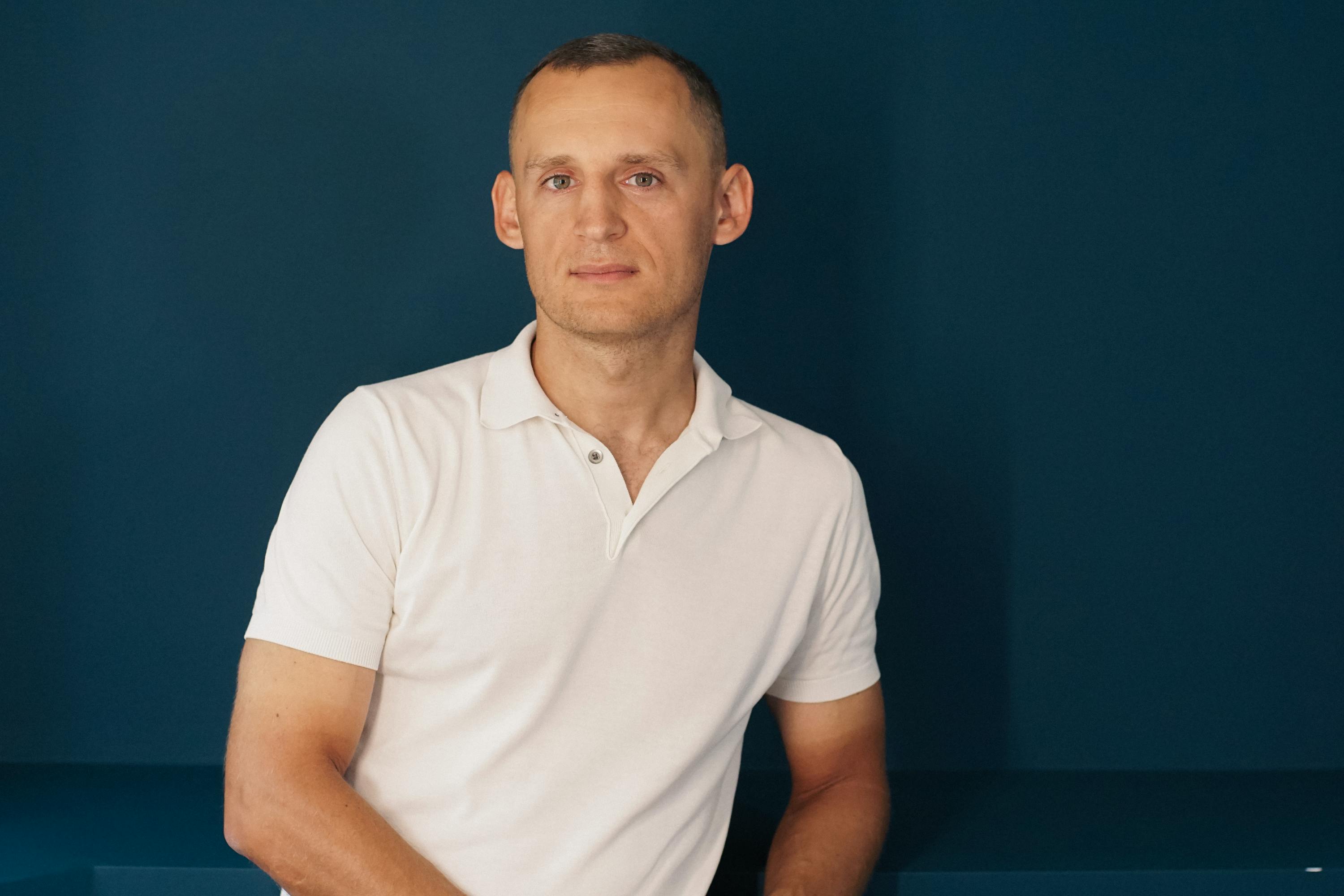
Jon Stojan is a professional writer based in Wisconsin committed to delivering diverse and exceptional content..
Story's Credibility



About Author
Jon Stojan is a professional writer based in Wisconsin committed to delivering diverse and exceptional content..
